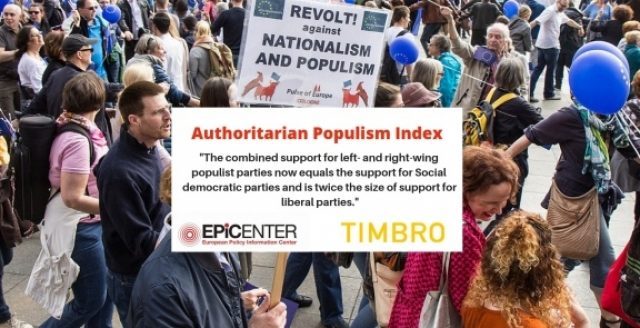News Analysis |
An alliance of communists and Maoists are set to win Nepal’s first parliamentary election since 1999. The ruling center-left party suffered significant losses in the vote. The victory is set to initiate many regional changes primarily in the relations between Nepal, China, and India.
A left-wing alliance has won the majority of seats in Nepal’s parliament, preliminary results from the electoral commission indicated late Sunday. According to French news agency AFP, the Communist CPN-UML party and the former Maoist rebels were set to win 84 seats, while the ruling center-left Nepali Congress tumbled to just 13 seats.
“We feel that the people accepted our appeal to vote for the ‘Left Alliance’ for stability and prosperity,” said senior CPN-UML leader Pradeep Gyawali.”We will prepare to form a government.”
The case of Nepal highlights a situation adverse to Indian designs and further augmented by ideological repercussions for the current Modi administration.
These elections were the first to be held under Nepal’s new constitution, which was officially adopted in 2015 after decades of uncertainty that took the country to move on from a monarchy and civil war to a tentative democracy.
UN Secretary-General Antonio Guterres hailed the vote as a “historic moment for Nepal.” The new government would likely reinstate Khadga Prasad Sharma Oli, who also goes by K. P. Oli, as prime minister. Oli was briefly premier from October 2015 to August 2016 but lost his seat when the Maoists dropped out of a coalition government and Oli faced pressure to resign as leader of a minority government.
Read more: India watches Nepal elections with apprehension
Although Nepal finally managed to move on from its brutal civil war in 2006 and ousted its monarchy two years later, the succession of governments since then have been mostly short-lived due to political infighting. The ruling Nepali Congress won only six seats, according to early tallies.
The leftist alliance campaigned on a hard-line nationalist platform that also incorporated some stark anti-India undertones. Due to these perceptions, there is speculation that the new government will herald a new dawn of closeness between Nepal and China. The significance of India in Nepalese domestic politics seems to be coming to a downfall with the Leftist victory. It is expected that from now on that New Delhi will be expected to deal with Nepal as a sovereign country, capable of taking its own decisions.
The victory is set to initiate many regional changes primarily in the relations between Nepal, China, and India.
India’s interference in Nepal was all apparent in the recent past. It is important to remember that when Prime Minister Narendra Modi came to power, relations with Nepal came to a new low. The Indian ruler seemed determined to address at least two public meetings on his own in Nepal, and hand out bicycles to the crowds.
The Nepal government which had given permission for these Modi rallies balked in the face of local opposition and announced that its own leaders would be holding the meetings along with PM Modi. Anyways this did not work and left New Delhi reportedly very “displeased.”
New tensions have arisen in Indo Nepal relations after the passing of a new Nepalese constitution that sparked protests in Nepal and a new unofficial Indian blockade that has led to more suffering and hardship after the April 2015 earthquake. The cause of the blockade was the passing of the constitution of Nepal. It sparked off violent protests by the Mahdesi community who live in the plains.
Read more: China-Nepal relations doing fine despite Indian rumours stating otherwise
They perceive that they will be underrepresented. Alluding to these protests, the Indian government made the excuse of blocking main transit points into Nepal which led to a fuel shortage. The Nepalese government stated this to be an Indian blockade in order to influence the constitution to become more favorable to Indian designs and cited safe havens to violent protestors inside India as proof.
The Indian ruler seemed determined to address at least two public meetings on his own in Nepal, and hand out bicycles to the crowds.
The case of Nepal highlights a situation adverse to Indian designs and further augmented by ideological repercussions for the current Modi administration. The end of the Hindu monarchy saw the rise of democracy which ended the status of Nepal as the world’s only Hindu state. The constitution which is secular in nature has made Nepal’s demise as a Hindu state permanent.
Read more: Will India accept a communist government in Nepal?
The ruling Indian party BJP that is rooted in Hindutva sees this as a stumbling block in their quest for mutating the whole of the subcontinent into a Hindu Rashtra. Hindutva’s ire can be seen in the form of protests, violence, and terrorism inflicted on both sides of the Indo Nepal border.
In the end, the outcome of the Nepal polls is expected to determine whether India continues to be the decisive and dominant actor in the country, or will it lose it all to its nemesis China.














